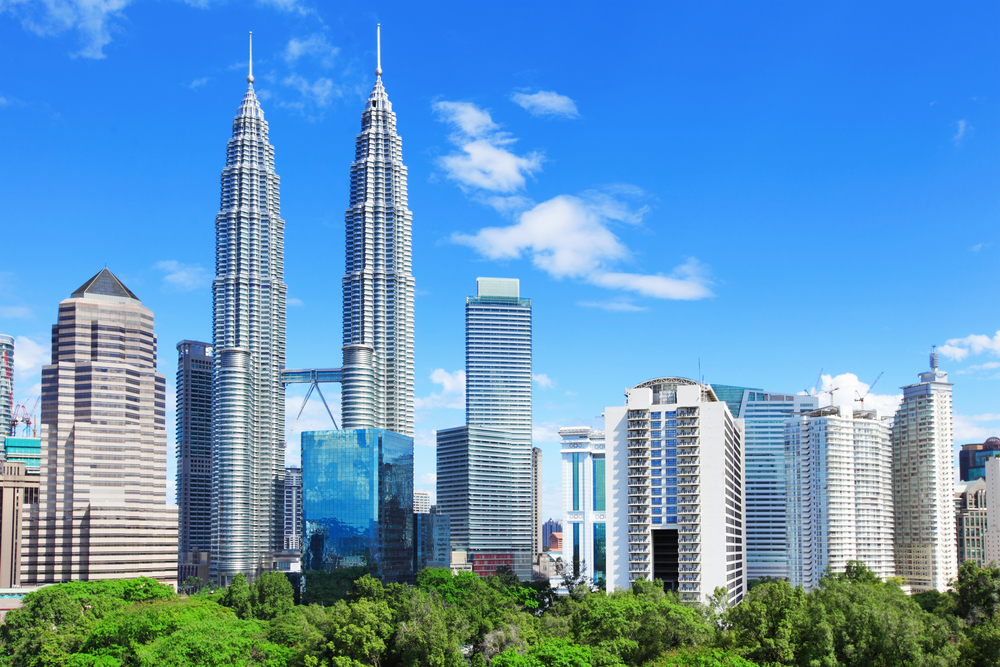Malaysia announces new Council to spearhead halal industry
Malaysia's Special Cabinet Committee on Halal Industry Management and Development has been dissolved and replaced with a new Malaysia Halal Council, state news agency Bernama reported yesterday.
JAKIM and the Halal Industry Development Corporation (HDC) will fall under the umbrella of the new Council, and the two bodies will continue with their current responsibilities. JAKIM will focus on certification, governance and matters related to Shariah, and HDC will concentrate on expanding and internationalising the halal industry, reported Bernama citing Deputy Prime Minister Datuk Seri Ahmad Zahid Hamidi.
It is unclear if the two bodies will retain their separate names and organisational frameworks or be merged under the new Council.
Datuk Seri Ahmad also said that other bodies and agencies from various ministries would be consolidated under the Council but did not specify any institutions.
A special Act on the Council will be formulated by the Ministry of International Trade and Industry and JAKIM, which would have to be approved by Parliament.
NOT JUST HALAL FOOD
The Deputy PM also said that halal products should include other sectors such as pharmaceuticals, tourism, services, and banking and insurance, reported Bernama.
However, there was no clarification if this meant the Malaysia Halal Council would also be tasked to overlook the work already under the remit of other institutions such as the Islamic Tourism Centre of Malaysia, Bank Negara Malaysia (BNM), the country's central bank, and Securities Commission Malaysia (SC) for banking, finance, insurance and capital markets.
This seems highly unlikely especially for the Islamic finance sectors, which rely on very specialised expertise combining operational and theoretical knowledge of conventional finance and fiqh al muamalat.
Islamic finance is also subject to a measure of international compliance, such as Basel standards regulating banks (although voluntary, Basel standards are adopted by Malaysia), which halal sectors such as food, pharmaceuticals and tourism are not.
Malaysia is also widely regarded as a global leader in Islamic banking and finance, and its success is in large part attributed to the leadership of the BNM and the SC, especially in building a strong regulatory and supervisory framework.
Certification of pharmaceutical and personal care products already fall under JAKIM.
ISLAMIC ECONOMY GROWTH
Malaysia's halal food exports grew 30 percent to reach 31.1 billion Ringgit for the first nine months of 2015 compared to the same period a year earlier. The government is aiming for exports to reach 50 billion Ringgit this year.
The top six halal sectors were food & beverages, ingredients, palm oil derivatives, cosmetics and personal care, industrial chemicals, and pharmaceuticals.
Malaysia's top five halal export markets for the period were China, Singapore, U.S., Indonesia, and the Netherlands.
In Islamic banking and finance, Malaysia was the biggest market in 2014, according to data from Thomson Reuters Islamic Finance Development Indicator.
Its total Islamic finance assets were $415,418 million, slightly higher than second-placed Saudi Arabia which held $412,955 million.
Malaysia's Islamic banking assets were about half the size of Saudi Arabia's but the Southeast Asian country's value of sukuk outstanding, $167,256 million, was over three times higher than the Kingdom's.
In 2014, Malaysia issued around 70 percent of the world's sukuk but a decision by Bank Negara Malaysia, the country's central bank, to stop issuing sukuk in early 2015 pushed down Malaysia's share of the global sukuk market to 53 percent at the end of 2015, according to local credit rating agency RAM Ratings.
The central bank stopped issuing sukuk last year as the instruments were not entirely reaching their intended users among the country's domestic Islamic banks, but instead were being bought up by too broad a pool of investors.
The central bank announced early this month that it would be launching new Islamic T-bills to help broaden liquidity management for the Islamic banking sector.
INCREASING ISLAMIC FOCUS
In February last year Malaysia introduced what it called the "first ever Shariah index in the world" to serve as a benchmark to determine the country's progress in fulfilling the maqasid of Shariah to protect religion, life, the mind, race (i.e. ethnic group or community), and property.
The index aims to track policies, initiatives and programmes against benchmark Islamic teachings and principles and a committee was formed to implement and monitor it.
The Malaysian Syariah Index covers eight areas: judicial, economy, education, infrastructure and environment, health, culture, politics, and social.
The inaugural index is expected to be released this year. However, a timeline on its progress and release has not been announced.
Copyright SalaamGateway.com 2016
